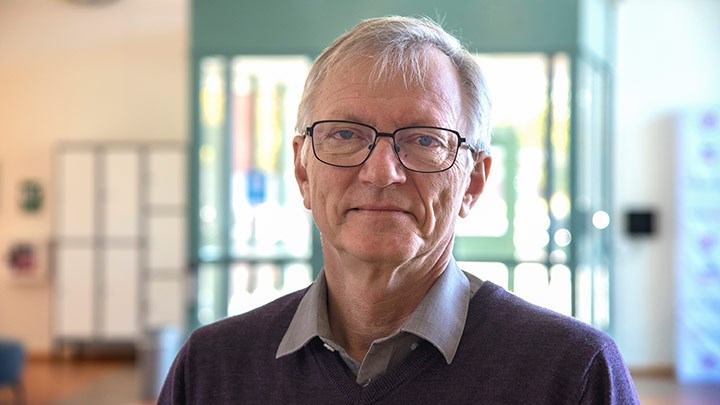Chemical safety under threat – lack of expert provision in Nordic countries

Åke Bergman.
“Many experts are coming up to retirement and academia is currently unable to train sufficient numbers of toxicologists to meet the need in society,” says Åke Bergman, professor at Örebro University and one of the researchers behind the study wanting to see the establishment of a new Nordic institute for risk analysis.
The publication "Chemical Risk Analysis Competence in the Nordics is at stake", in the scientific journal “Environmental Science and Pollution Research”, is available here: https://doi.org/10.1007/s11356-025-36318-2.
“The lack of experts makes us vulnerable since risk assessments can take longer, which in turn leads to delayed response measures, poorer monitoring, and a greater risk of misunderstandings. This poses a threat to people’s health, the environment, and the green transition,” says Åke Bergman, professor at Örebro University.
With less available expertise, identifying dangerous chemicals, building strong legal frameworks, and introducing regulations can take longer. Other areas that may be affected include the efforts towards safe and sustainable energy, the transition to using fewer animals for chemical testing, and the development of innovations that are both safe and climate smart.
Difficult finding the right personnel
The study, which was conducted 10 February–13 March 2022, shows that finding personnel with the right competence is difficult within all areas of risk analysis – from toxicology to risk communication and environmental science. Public authorities, research institutes, businesses, healthcare, and non-profit organisations all reported the same problem.
The authors of the report propose a joint Nordic initiative for chemical safety education and research, as the Nordic countries are too small to build the necessary expertise on their own. A majority of the respondents, 83 per cent, were in favour of setting up a Nordic institute.
“There’s a great need for specialists within many different areas: environmental chemistry, statistics, exposure, various types of toxicity, epidemiology and health. And the need for new expertise exists also in the EU and other parts of the world,” says Åke Bergman.
Political changes
The researchers point out that leading authorities and institutes in the US are at risk as a result of political change. They say that it is likely that the U.S. Environmental Protection Agency will no longer drive the development of new methods for chemical safety.
“We view this as a Nordic challenge, and as such it demands Nordic collaboration. We need to secure the access to competence to ensure we do not fall behind, neither when it comes to science, nor in the protection of human lives and the environment,” concludes Åke Bergman.
Text: Linda Harradine
Photo: Maria Elisson
Translation: Charlotta Hambre-Knight
